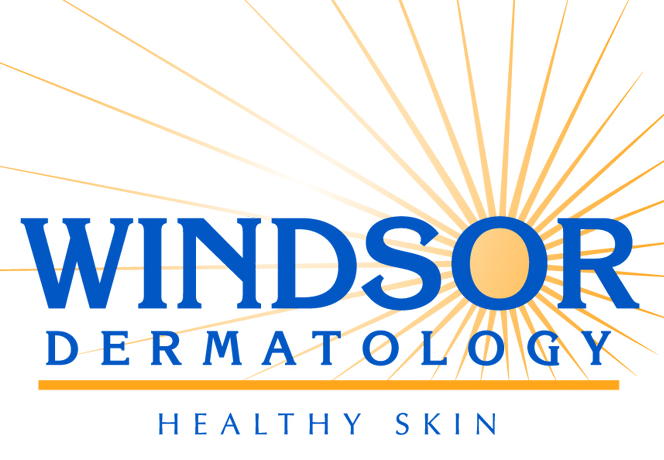Skin cancer is another common problem that interferes with the quality of life of aging Americans. Patients are often surprised to learn they have skin cancer, claiming they haven't been in the sun for years, however, they don't realize that it is common to have a 10-20 year delay from the time of exposure to the development of skin cancer. Another common question is “do I really need to have this examined and/or treated?” The answer is clearly "YES" as untreated cancer will continue to grow and damage nearby structures decreasing the quality of life. Furthermore, these spots can bleed and become infected and this always seems to happen at the worst time (weekends or holidays).
This leads to the next point—treatment of these cancers is also unique in this population due to underlying medical conditions and medications (like blood thinners) so it requires individuals with experience in geriatric dermatology. Specifically, less invasive methods like cryotherapy (local use of low temperatures in medical therapy or the removal of heat from a body part), curettage (the use of a small scoop to remove tissue) and desiccation (the process of extreme drying) are used in the place of aggressive surgery whenever possible. Furthermore, when surgery is performed the scope of the procedure is limited to only what is necessary.
In summary, geriatric dermatology requires a careful evaluation of all aspects of the patient and their medical history. Thus, all individuals in this population should be screened at least once per year to be sure they are not developing concerning issues. At Windsor Dermatology, our team of Board Certified dermatologists is prepared to address these issues for you and your family members. Call to make an appointment today.
Brian Robert Keegan, M.D., Ph.D, Board Certified Dermatologist - Prior to joining Windsor Dermatology, Dr. Keegan worked at the University of Miami and the Miami VA Hospital for 3 years.
Monday, February 14, 2011
Subscribe to:
Posts (Atom)




